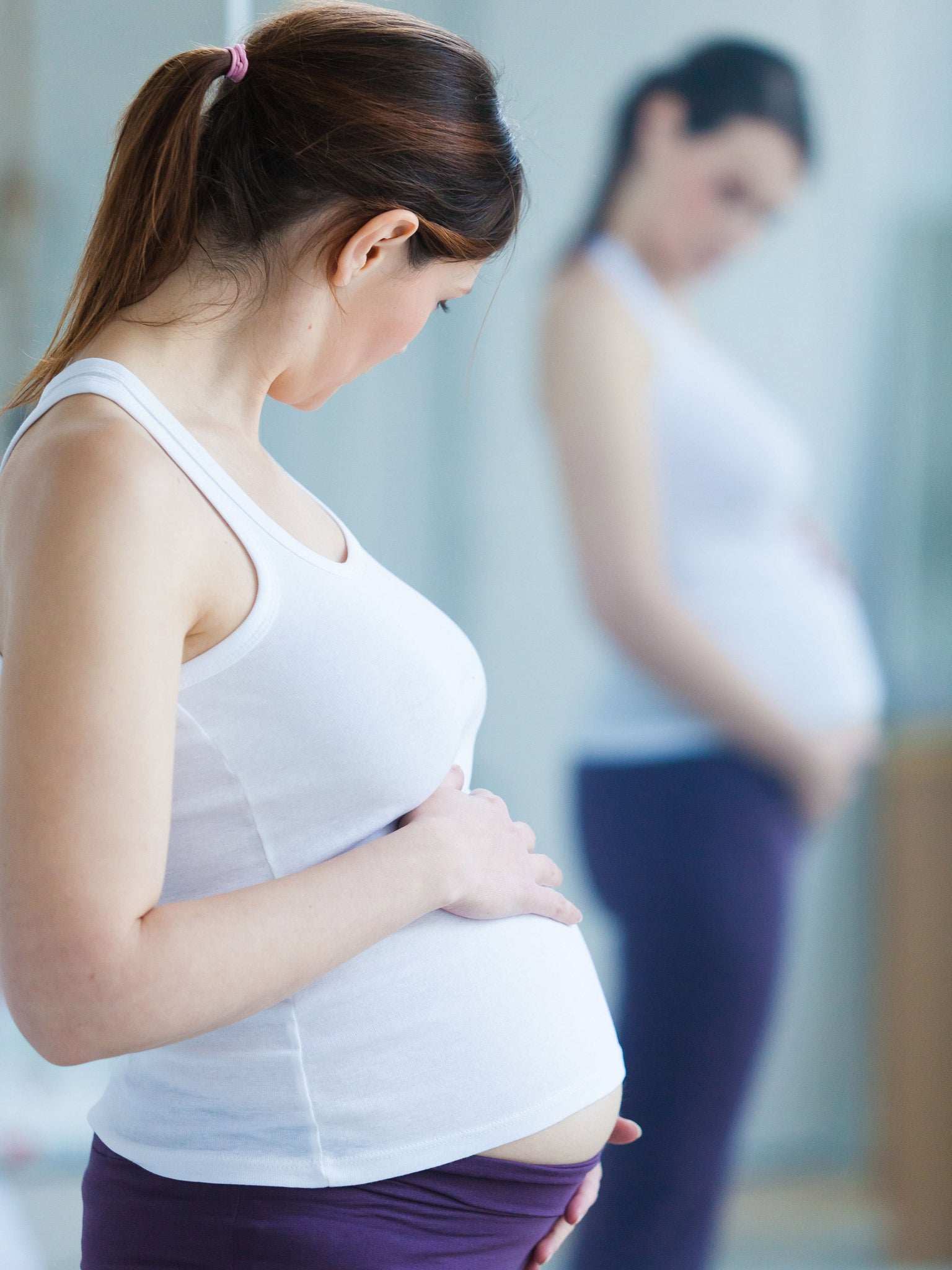Iodine supplements during pregnancy could save the state money, says new research
According to new research the NHS could save around £200 per child if it gave small doses of iodine to expectant and breastfeeding mothers

Your support helps us to tell the story
From reproductive rights to climate change to Big Tech, The Independent is on the ground when the story is developing. Whether it's investigating the financials of Elon Musk's pro-Trump PAC or producing our latest documentary, 'The A Word', which shines a light on the American women fighting for reproductive rights, we know how important it is to parse out the facts from the messaging.
At such a critical moment in US history, we need reporters on the ground. Your donation allows us to keep sending journalists to speak to both sides of the story.
The Independent is trusted by Americans across the entire political spectrum. And unlike many other quality news outlets, we choose not to lock Americans out of our reporting and analysis with paywalls. We believe quality journalism should be available to everyone, paid for by those who can afford it.
Your support makes all the difference.The introduction of universal iodine supplements for pregnant women could save countries thousands of pounds in future health costs for each child, even in nations with only a mild iodine deficiency such as the UK.
According to new research the NHS could save around £200 per child if it gave small doses of iodine to expectant and breastfeeding mothers.
The findings suggest the wider benefits to society could be worth around £4,500 for every child due to the likeliness these children would earn more and cost the public sector less to support.
The World Health Organisation has described iodine deficiency as ”a serious public health threat for two billion people”, 241 million of whom are children.
In pregnancy, the problem “remains the leading cause of preventable retardation worldwide”, the report published in The Lancet Diabetes & Endocrinology says.
Iodine deficiency is also implicated in stillbirth, miscarriage, physical impairment and thyroid dysfunction and thus is crucially important in pregnant women and young children especially.
Institutions such as the World Health Organisation and European Food Safety Authority encourage pregnant and breastfeeding women to take supplements daily to ensure their child gets the nutrients it needs.
Although iodine deficiency affects Asian and African countries the most, it is still widespread in the UK.
A paper published in The Lancet, which drew on data from the Avon Longitudinal Study of Parents and Children, found 67 per cent of British women suffered from a mild to moderate deficiency.
“At present, no national guidance for iodine supplementation has been issued to pregnant women, even though pregnancy and lactation lead to increased iodine requirements,” the report published in The Lancet Diabetes & Endocrinology said.
Kate Jolly, a co-author of the article and professor of public health at the University of Birmingham, said: “Even mild iodine deficiency during pregnancy is associated with children with lower IQs.”
According to a number of papers the University of Birmingham looked at, “A reduced IQ in infancy ... has effects on health outcomes, educational attainment, and lifetime earnings.” The team modelled a study to map the cost-effectiveness of a policy of universal provision of iodine for pregnant women in the UK to show how extensive the benefits of attending to the issue might be.
The team looked at how much the universal provision of iodine would help the NHS directly during a woman’s pregnancy.
It also speculated how much a child’s IQ is likely to improve if given sufficient iodine as it develops and how this might affect its lifetime earnings and society as a whole.
This was calculated by considering the findings of eight previous studies that, between them, put the amount by which a person’s lifetime earnings are likely to increase with an extra IQ point at somewhere between £1,319 to £11,967.
They then worked out how much would be added to the person’s lifetime earnings by raising a child’s IQ by 1.22 points, which the authors estimate iodine supplementation should achieve on average.
The treatment, which would only cost £42 per person, would benefit the NHS by nearly £200, and society as a whole would save £4,476 for every child helped.
The researchers concluded that “our results strengthen the case for universal iodine supplementation of all women before and during pregnancy and whilst breastfeeding in mild-to-moderate iodine deficient countries”.
They did observe that a general increase in the population’s IQ might mean nobody would be advantaged by the improvement, meaning there would be no increase in any particular individual’s earnings. “A possible response to this,” they suggested, “is that, generally, economies compete at a worldwide level and the addition of a more intelligent workforce in the future should help with productivity-linked earning gains.”
Join our commenting forum
Join thought-provoking conversations, follow other Independent readers and see their replies
Comments